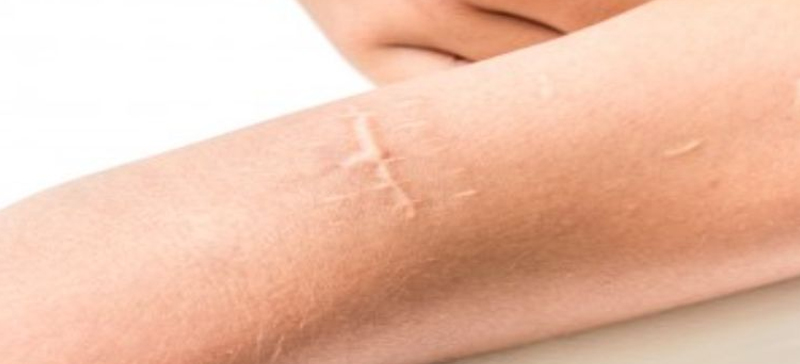Services
- Home|
- Post Traumatic & Post Surgical Complications

Osteopathy can play an important role in regaining health after undergoing an operation. Whether it be an operation on your hip, knee, foot, shoulder or hand, pain and restrictions can result. We aim to maximise mobility by minimising tissue scarring and contractures in the muscles which develop after surgery.
Osteopaths can help you get back your pre-surgery mobility and life style. You may have had elective surgery, or it may be as a result of a trauma or an accident.
Often patients are uncomfortable after surgery, due to the surgery itself, the hospital bed and from being immobilised for a period of time. Gentle osteopathic treatment, encouragement and exercises to get you back to normal activity will be provided. This can all be done as soon as you are well and comfortable enough following your surgery and return to home.
Osteopathy can help assess your current ability and develop a personalised treatment plan that not only takes account of your surgery wound, but actively encourages quality, functional healing. We can build on the guidelines for rehabilitation given by surgeon and treat you regularly post-surgery to achieve the best possible recovery in the shortest possible time.
The issues that may affect you after surgery will vary depending on the original condition that was treated and how invasive the surgery was. An important factor will be your general condition before surgery takes place – but we can help that with pre-habilitation.
If you are using crutches or walking aids you may need treatment for your upper back and arms. If parts of you have been immobilised following a fracture for example, we can help your movement, strength and control return.
The ultimate goal will be to help you return to the activities and sports that you were performing prior to the surgery. The time frame for rehabilitation and return to these activities will depend the injury, surgery performed and an individual’s presentation.
As your body recovers from surgery it may try to compensate for the injury by changing the way you move or rest. Unfortunately this can lead to poor posture and movement habits that may cause further injury if not addressed.
Osteopathy treatment may be helpful after an injury to reestablish these important relationships and allow the body to return to normal function. OSTEOPATHS are trained to identify and interface with subtle changes in the body, including bones, tissues and fluids. Osteopathic manual medicine (OMM), including Cranial Osteopathy may help facilitate recovery from concussive symptoms, contusions, acute and chronic pain from fractures, sprains and strains as well as systemic symptoms related to trauma.